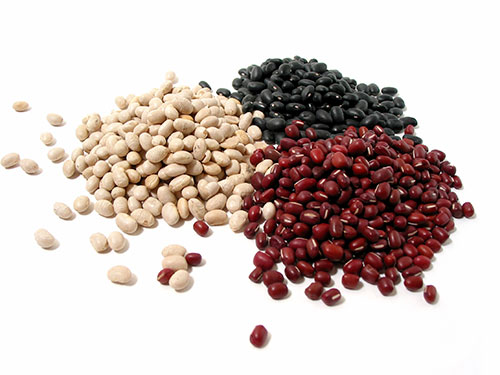coin
coin [coin coins coined coining] noun, verb [kɔɪn] [kɔɪn]
noun
1. countable a small flat piece of metal used as money
• a euro coin
2. uncountable money made of metal
• notes and coin
see the other side of the coin at side n., two sides of the same coin at two
Word Origin:
Middle English: from Old French coin ‘wedge, corner, die’, coigner ‘to mint’, from Latin cuneus ‘wedge’. The original sense was ‘cornerstone’, later ‘angle or wedge’ (senses now spelled quoin); in late Middle English the term denoted a die for stamping money, or a piece of money produced by such a die.
Example Bank:
• The first English gold coin was struck in 1255.
• The last silver coins were minted in 1964.
• They flipped/tossed a coin to see who should go first.
• Very few old 5p coins are still in circulation.
• What is the probability of the coin landing heads?
• coins jingling in his pockets
Idioms: coin a phrase ▪ coining it ▪ coining money
verb
1. ~ sth to invent a new word or phrase that other people then begin to use
• The term ‘cardboard city’ was coined to describe communities of homeless people living in cardboard boxes.
2. ~ sth to make coins out of metal
Verb forms:
Word Origin:
Middle English: from Old French coin ‘wedge, corner, die’, coigner ‘to mint’, from Latin cuneus ‘wedge’. The original sense was ‘cornerstone’, later ‘angle or wedge’ (senses now spelled quoin); in late Middle English the term denoted a die for stamping money, or a piece of money produced by such a die.
Example Bank:
• He was the first to coin the motto ‘Make Love, Not War’.












